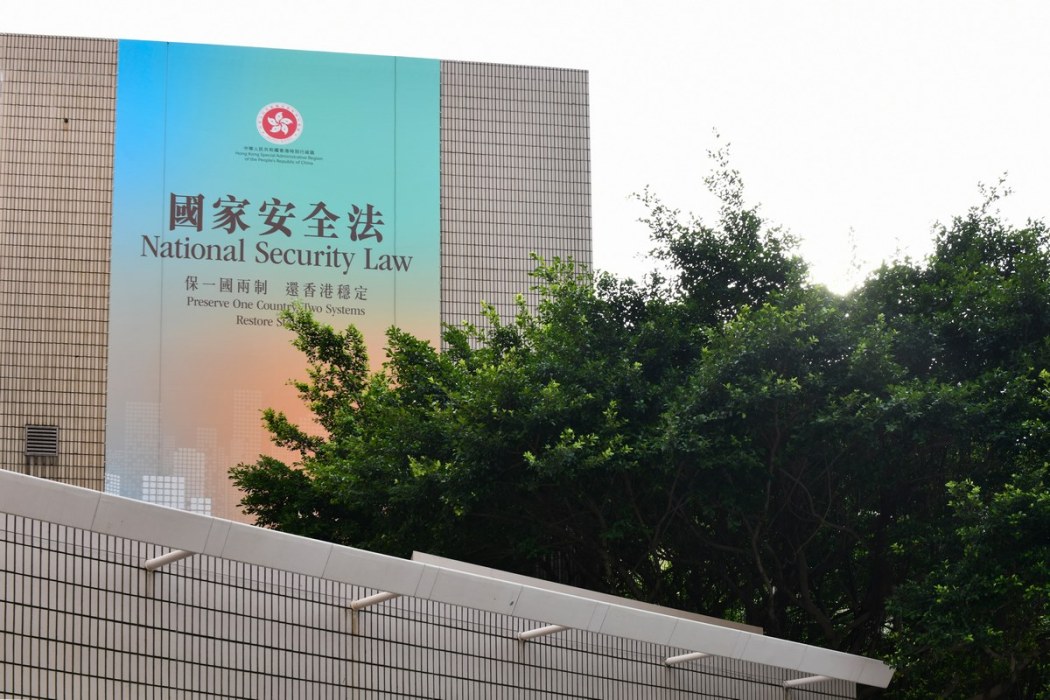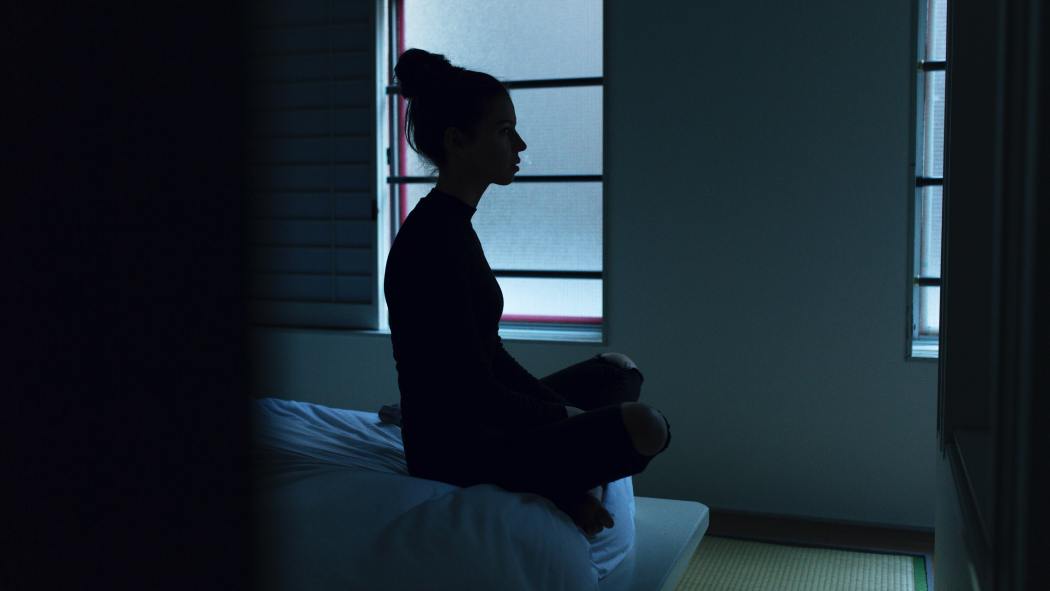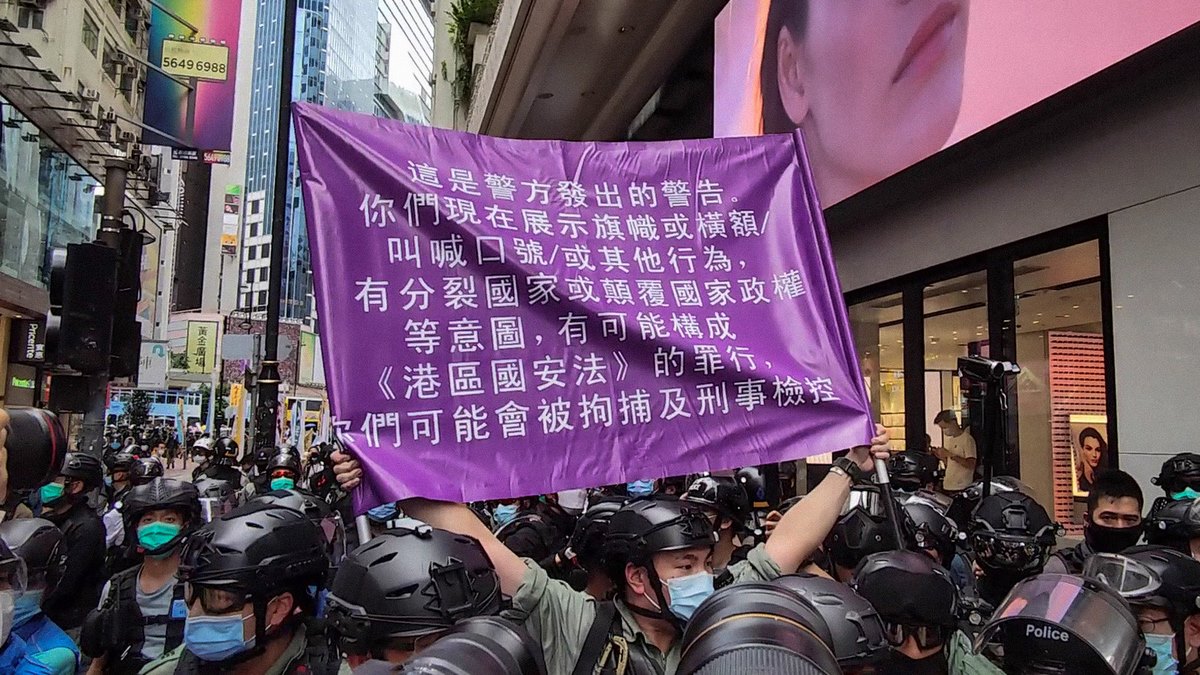The Beijing-imposed national security law in force for over a year has cast a shadow over many professions in Hong Kong. Teachers and lawyers are coming under increasing pressure from authorities on how to behave, while civil servants and district councillors must swear oaths of allegiance to the government.
Some clinical psychologists and school counsellors in the city fear they may be next, as they struggle to navigate what critics have decried as the law’s constantly shifting red lines.

Speaking on condition of anonymity under assumed names, psychologists and counsellors working in the public, education, and community sectors told HKFP they were more wary of broaching political topics during counselling sessions.
“People are definitely drawing red lines themselves and censoring themselves more lately,” said Jack, a clinical psychologist.
“In terms of work, we’re not getting any explicit warnings but we all know that… since the social movement in 2019, there has been notice from the administrative level that staff members have to be really cautious not to actively talk about or spread their own political agenda.”
No official guidelines have been issued on potential national security risks for Hong Kong’s counsellors.
Currently, there is no standardised ethical code of conduct for counsellors. Guidelines from professional associations and institutions require them to keep information shared during a session confidential, unless they have reasonable cause to believe the client will be an immediate threat to themselves or others.
If so, they are expected to report the case to the police.

The confidentiality agreements in general also cover criminal conduct that does not pose any harm to others. Whether this will remain the case under the national security law remains unclear.
The Hong Kong Society of Counseling and Psychology, one of the city’s multiple professional associations for counsellors, told HKFP it had received requests from some members for ethical guidance on the do’s and don’t’s for their profession under the security law.
“There have been concerns from one or two members who have asked about whether we have any ethical guidelines on the national security law,” the society’s vice president Dr. Stanley Chung told HKFP. “They have asked whether, under the security law, there are things they should pay more attention to.”
The society, however, has had to refer its members to government information on the law. “I think members don’t understand all the contents of the national security law, so we’ll refer to the government’s own information on the law, because we don’t have any way of giving them that guidance,” he said.
Apart from the queries, Chung told HKFP he did not see any palpable effects of the security law on the profession.
Building trust
However, some psychologists tell a different story. The lack of guidance means each counsellor is on their own in attempting to navigate the law to best protect themselves and their clients.
“The way it affects our work is subtle: it’s about self-censorship,” Jack said.
“Colleagues of different political stances are managing this differently,” said Ann, another clinical psychologist who works in the community. “After the security law, everyone’s awareness has definitely heightened.”

Even before the security law, case notes could be seized under a police warrant and counsellors could be forced to disclose such notes when summoned by the city’s courts. Now, these risks are amplified by security law provisions which give police wider powers to investigate suspected national security violations, including the right to search private property without warrants.
“It may not be that I’m consciously taking less notes, but if there is information that I don’t consider as relevant clinically, I won’t note it down,” Candy, who has worked as a counsellor in one of the city’s tertiary education institutions for over half a decade, told HKFP.
The tendency to be more cautious with note-taking during client sessions was echoed by other counsellors who spoke with HKFP.
“Currently, there are already some things clients won’t talk about… and I won’t purposely prod them about it, because our job is not to investigate. Our focus is their emotional distress,” Ann said.
This is particularly the case among university-aged clients, many of whom have lived through the political turmoil of the past two years and supported the now flagging pro-democracy movement.
“Since the national security law, there has been an unspoken consensus between students and I that we won’t talk about certain political issues,” said Candy.
Students’ reluctance to discuss their feelings for fear of political repercussions is a continuation of a trend dating from 2019, when the city erupted in pro-democracy protests that polarised society into two camps. But since the security law came into force Candy herself is wary of heightened personal risks.

“I do think there are legal and ethical implications, because I am aware that students may have different interpretations and expectations of my role as a counsellor,” the clinical psychologist said.
To continue providing support for clients despite these concerns, both Ann and Candy are focusing more on their clients’ emotions and details that are clinically relevant, a strategy that Candy said may impair their ability to build trust with the client – in a relationship where mutual trust is crucial.
“Now, I am even more aware of clients wanting to know my political stance before they are willing to build trust with me,” she said. “Building trust takes time, so it may take a longer time for the client to understand that these things don’t matter and that I’m not judging them because of their views. But this does make it harder for some clients to trust us.”
“Without trust, it’s extremely hard for psychological treatment to be effective,” the practitioner said.
Creeping self-censorship under the law is also being felt by certain local mental health NGOs in their collaborations with other organisations.
“We do notice some collaborators, including corporations, schools and other NGOs are much more cautious. For example, we can’t say certain words in interviews, we can’t wear certain face masks,” a clinical psychologist who works in a local NGO told HKFP. They described these experiences as “frustrating.”
Less ways to seek help
There are also concerns that the climate of uncertainty over the new law has prevented people from seeking the help they need.
Candy said she had noticed a notable drop in students who would initiate political discussions after the security law came into force.

Prior to the law’s enforcement in June 2020, around a fifth of her student clients would express concerns over the city’s political climate. Afterwards, the number dropped to less than five per cent.
“It was obvious that, under the national security law, fewer students were seeking emotional help relating to the political movement or social movement. Even if they were in distress, they may not choose to come to us, because they have confidentiality concerns,” the psychologist said.
Counselling centres at universities in the city told an HKFP reporter posing as a student that anything said in counselling sessions would remain confidential, unless there was an immediate threat.
The reluctance to seek counselling help in the current political climate also extends to public institutions, like the Hospital Authority.
Speaking of the effects of the security law on the health sector, Ivan Law, vice-chair for the Hospital Authority Employees Alliance, told HKFP: “The patient may not be able to talk about their feelings about the Hong Kong situation, then you may not be able to understand why that situation causes his or her emotions. So I think that is one of the parts that may hinder the relationship between the patient and the practitioner.”

“In most situations, people are aware of this… they may not come to the Hospital Authority, they may find someone they trust, who has a similar stance so they can share their feelings freely,” he said.
This trend of seeking out counsellors with similar political leanings emerged in 2019. But some such sources of help have shut down.
Psychologists Concern, a group that provided anonymous and pro bono counselling services for people affected by the 2019 pro-democracy protests, was one of several civil society groups to disband in early July.
Its founder, Ip Kim-ching, who had been outspoken on providing pro-democracy protesters with trauma counselling during the 2019 protests, is currently being investigated by the ICAC over the 2016 Legislative Council elections.
“Some psychologists provided pro bono counselling services to people affected by the social unrest and those service users could choose to remain anonymous,” Jack said. “The reason why many people sought help through them was because people began to lose trust in the public system, and they were worried what they said would be leaked to the government or the police… We simply cannot tell how many people are less willing to seek help because of this distrust.”
Anne has also witnessed this reluctance to come forward. “I do know of cases where people have refused to seek professional help, even when they are under severe distress.”
Support HKFP | Policies & Ethics | Error/typo? | Contact Us | Newsletter | Transparency & Annual Report | Apps
Help safeguard press freedom & keep HKFP free for all readers by supporting our team
























